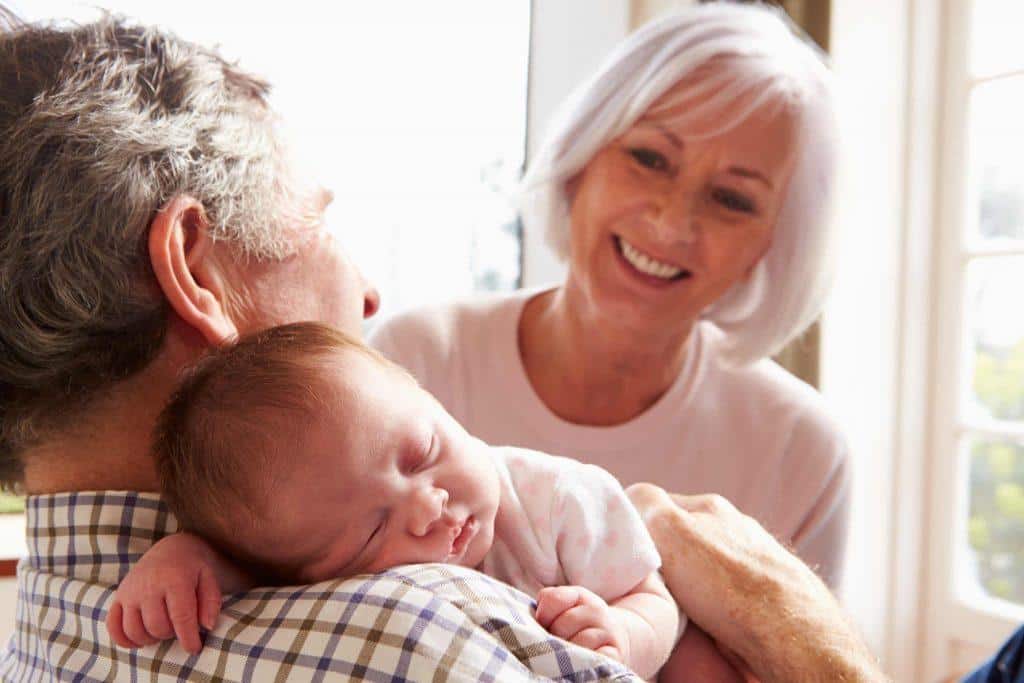RSV vaccine
RSV (respiratory syncytial virus) commonly causes respiratory infections. RSV season usually starts in November–December and infections are highest around the turn of the year. The virus typically causes mild, flu-like symptoms. However, the disease can be serious for infants, the elderly and those in risk groups, and require hospitalization. People over 50 years of age and people over 18 years of age who belong to risk groups can protect themselves against RSV with a vaccine. An RSV vaccine is also available for pregnant women. The vaccine taken during weeks 24–36 of pregnancy protects the unborn baby until 6 months of age.
- You can always drop-in to the Vaccine clinics for the RSV vaccination or if you prefer, you can book an appointment.
RSV vaccination schedule
The RSV vaccine is recommended for everyone over 50 years of age and those over 18 years of age in risk groups. The risk groups are the same as for influenza, i.e. people with asthma, COPD, heart disease and diabetes. The RSV vaccine is given just once, preferably before the start of the infectious season. It takes a few weeks after the vaccination for protection to develop. There is no information yet on the need for possible booster doses. Two RSV vaccines are available for people over 50 years of age and one vaccine for all adults over 18 years.
One RSV vaccine is available for pregnant women, given during the weeks 24–36 of the pregnancy. Particularly babies born during the RSV season will benefit from the vaccine.
Prevalence of RSV virus in Finland
RSV is a common cause of respiratory infections in Finland. RSV epidemics usually occur around the new year. There is annual variation in the amount and timing of infections. Long-term monitoring has observed a large RSV epidemic in Finland that occurs every other winter, often starting in November–December. Smaller epidemics occur between major epidemics.
RSV is very easily transmitted through droplets, for example through sneezing and coughing. An infected person spreads the virus for about a week and infects an average of about three people. RSV is more easily transmitted from person to person than, for example, influenza or coronavirus. You can get infected several times.
Number of RSV vaccine doses
The RSV vaccine is a single dose and the need for a possible booster vaccination is not known.
Side effects of the RSV vaccine
The RSV vaccine is well tolerated. The most typical vaccination reactions are local reactions at the injection site, fatigue, fever, headache, nausea, and muscle and joint pain.
Symptoms of RSV infection
RSV infection cannot be distinguished from other respiratory infections, such as influenza or corona, based on its symptoms. Typical symptoms include runny nose, sore throat, cough and fever.
RSV can also cause (especially in risk groups):
- severe lower respiratory tract infection
- pneumonia
- bronchiolitis, i.e. inflammation of the airways
- wheezing and difficulty breathing
RSV virus in adults
Adults typically get RSV infection as a mild flu. However, for some adults, RSV infection can be severe and life-threatening. Those at particular risk for serious RSV infection are:
- People over 65
- Adults with chronic lung or heart disease
- Adults with immunodeficiency due to illness or treatments
Some people who get RSV infection may develop bronchitis or pneumonia. In people with chronic lung disease (asthma, COPD) or heart failure, the underlying disease may be complicated by the RSV infection. The patient may be hospitalized due to RSV infection and the disease may also be life-threatening. Every year, approximately 250 000 people over the age of 65 in Europe require hospital treatment due to RSV infection, and 17 000 of them die from the disease (EMA).
RSV and babies
RSV can be a life-threatening infection that requires hospital treatment in babies and young children. Those at particular risk for severe RSV infection are:
- All babies under 12 weeks of age
- Premature babies
- Children under 2 years of age with lung or heart disease, including some neurological diseases
- Children with immunodeficiency
Almost all children will have RSV infection by the age of two. Most children have a mild illness, but RSV can also cause bronchiolitis (inflammation of the airways in the lungs) or pneumonia. In Finland, respiratory problems caused by the RSV virus are the most significant cause of hospital admissions in children, especially during the winter months. Severe RSV symptoms include difficulty breathing, which can appear as wheezing and an increased respiratory rate. The child may have mucus and fever, and in young infants the only symptom may be apnea. For the majority, supplemental oxygen, intravenous hydration and respiratory support are sufficient treatment.
Different RSV vaccines
Two different RSV vaccines are available from the Vaccine Clinics of Rokotepalvelu, both of which are suitable for people over 50 years of age. One of them is also suitable for all adults over 18 years of age and pregnant women in weeks 24-36 of pregnancy.
Read more:
Sources: Rokotepalvelu vaccine and medical experts and THL, EMA and CDC
